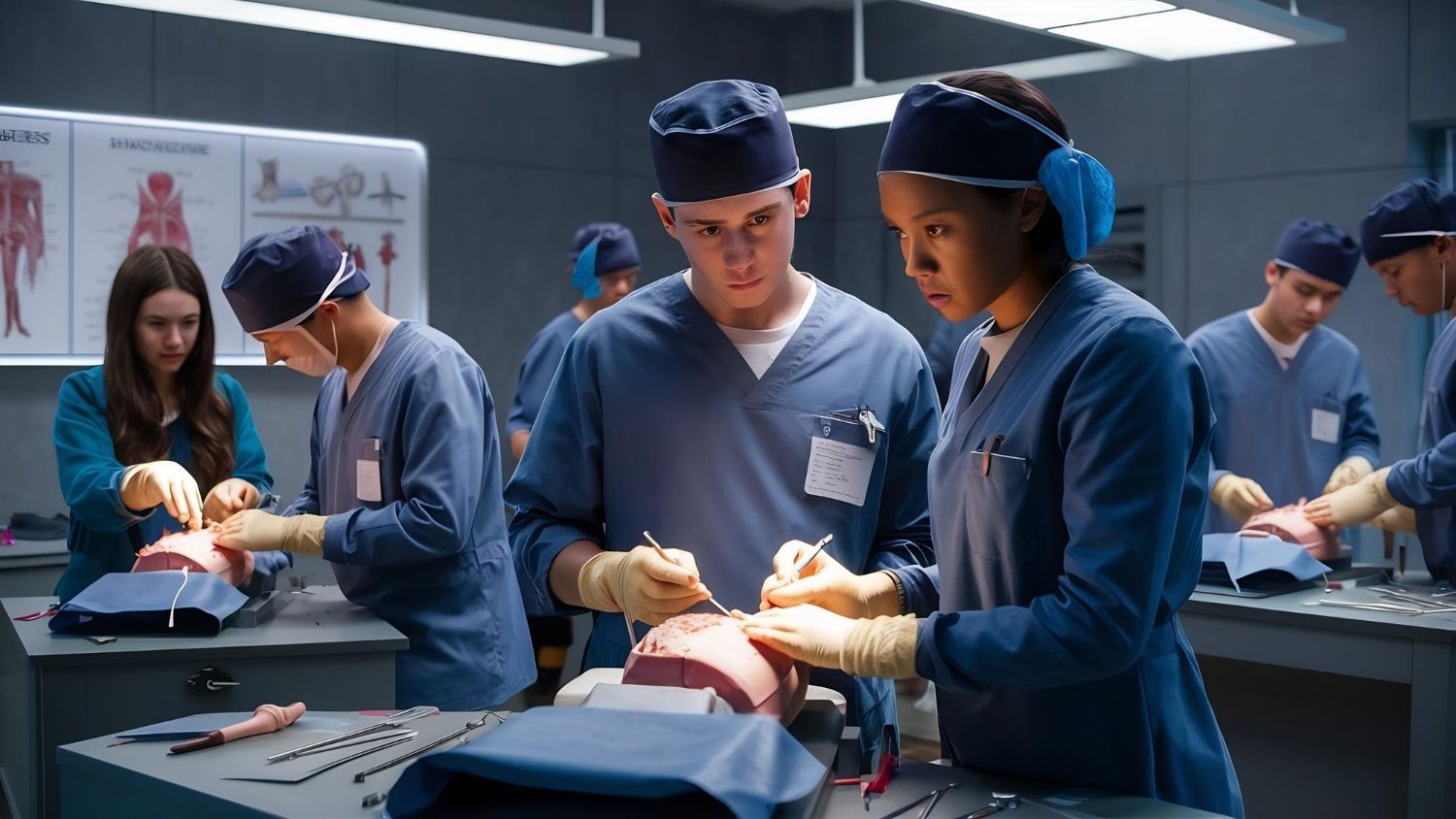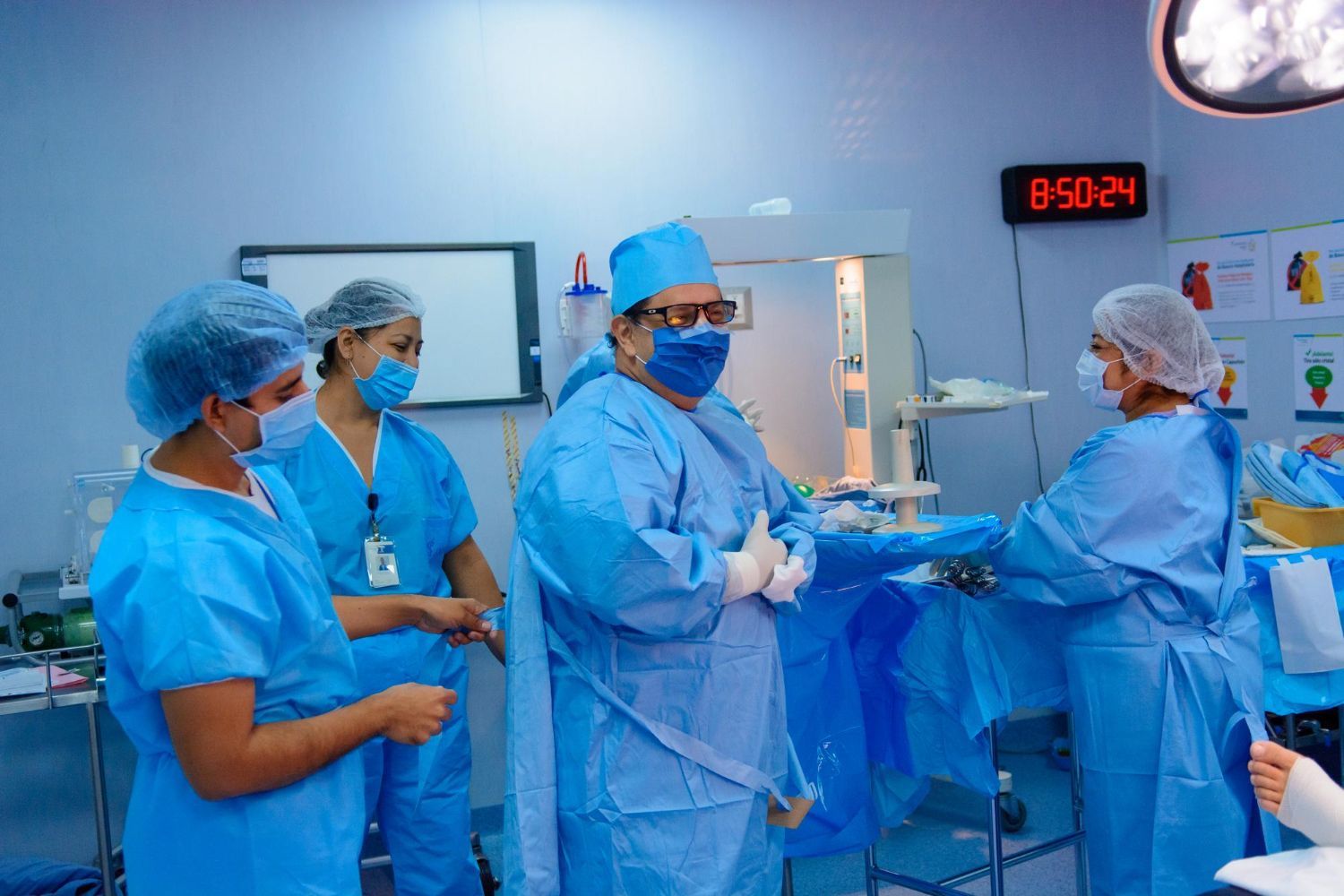How theatre nurses contribute to surgical success and efficiency
The unseen heroes behind every successful surgery
Behind every successful surgical procedure stands a highly skilled team, and at the heart of that team are theatre nurses. Their role extends far beyond simply assisting surgeons — they are responsible for ensuring every stage of the surgical process runs smoothly, safely, and efficiently.
The role of theatre nurses in surgery is multifaceted and essential. From preparing the operating theatre to supporting patients during recovery, these professionals uphold the standards that make safe and effective surgeries possible. As Australia faces increasing demand for surgical services, the contribution of theatre nurses has never been more critical to patient outcomes and hospital efficiency.
Preoperative preparation: setting the stage for success
Theatre nurses play a pivotal role long before a procedure begins. Their preoperative responsibilities include preparing the surgical environment, checking equipment and instruments, and ensuring all materials are sterile and in place.
This stage requires meticulous attention to detail. Even the smallest oversight can delay surgery or compromise patient safety. Theatre nurses work closely with surgeons and anaesthetists to confirm that everything is ready, that patient information is accurate, and that infection control standards are strictly maintained.
A well-prepared operating room saves valuable time and minimises risk, allowing the surgical team to focus entirely on the procedure itself.
Intraoperative precision and teamwork
Once the operation begins, theatre nurses move into one of the most demanding phases of their work. During surgery, they act as the right hand of the surgeon, anticipating needs, passing instruments, managing sterile fields, and maintaining constant vigilance over patient condition and procedural flow.
Their ability to communicate clearly and respond quickly to any change is vital. Every action must be precise, coordinated, and in line with strict aseptic protocols. This coordination ensures that surgical procedures proceed without unnecessary delays or complications.
There are two key types of theatre nurses at this stage:
- Scrub nurses, who work directly with surgeons and manage the instruments and equipment used during the operation.
- Scout or circulating nurses, who ensure that the operating theatre runs efficiently by providing necessary items, monitoring safety standards, and maintaining documentation.
Together, they form a seamless system that supports surgical excellence.
Postoperative care: supporting safe recovery
After the operation, theatre nurses continue to play a vital role in patient safety. They assist in transferring patients to recovery areas, monitor their immediate post-surgical condition, and provide detailed handovers to recovery or ward staff.
This transition period is crucial. The theatre nurse’s observations and notes ensure that any complications are identified early and that patients receive the appropriate follow-up care. Their role bridges the surgical and recovery phases, ensuring continuity and consistency in patient management.
Enhancing surgical efficiency and reducing delays
Efficiency in operating theatres is not just about speed — it’s about precision, coordination, and communication. Theatre nurses contribute directly to these aspects by anticipating requirements, maintaining sterile environments, and streamlining workflow.
When theatre teams are well supported by experienced nurses, operations start on time, procedures flow smoothly, and turnover between surgeries is faster. This efficiency allows hospitals to manage higher case volumes without compromising safety or quality.
Conversely, when there is a shortage of skilled theatre nurses, delays can become common, increasing costs and extending patient waiting times. By ensuring the right nursing expertise is available for every procedure, healthcare facilities can improve both performance and patient satisfaction.
The importance of empathy and patient-centred care
While technical skill is critical, theatre nurses also bring a human touch to an environment that can feel intimidating and clinical. Before surgery, they often help calm anxious patients and provide reassurance. Their presence offers emotional support that can make a significant difference to a patient’s overall experience.
This patient-centred approach reflects the broader values of the nursing profession — compassion, communication, and care. By combining clinical precision with empathy, theatre nurses uphold the dignity and well-being of every patient who enters the operating room.
How Dispatch Nursing supports surgical excellence
At Dispatch Nursing, we understand the indispensable role theatre nurses play in surgical success. Our agency provides hospitals, surgical centres, and healthcare providers with highly qualified and experienced perioperative nurses who are ready to step into complex environments with confidence.
We ensure every nurse we place is not only technically skilled but also committed to maintaining high standards of teamwork, professionalism, and patient care. Whether healthcare facilities need temporary support, ongoing contracts, or urgent replacements, Dispatch Nursing is here to help maintain surgical continuity and excellence.
By connecting hospitals with the right talent, we help reduce theatre downtime, enhance surgical efficiency, and improve overall patient outcomes.
Conclusion
Theatre nurses are far more than support staff — they are critical contributors to surgical success, patient safety, and operational effectiveness. Their work underpins every successful surgery performed across Australia’s hospitals and surgical centres.











